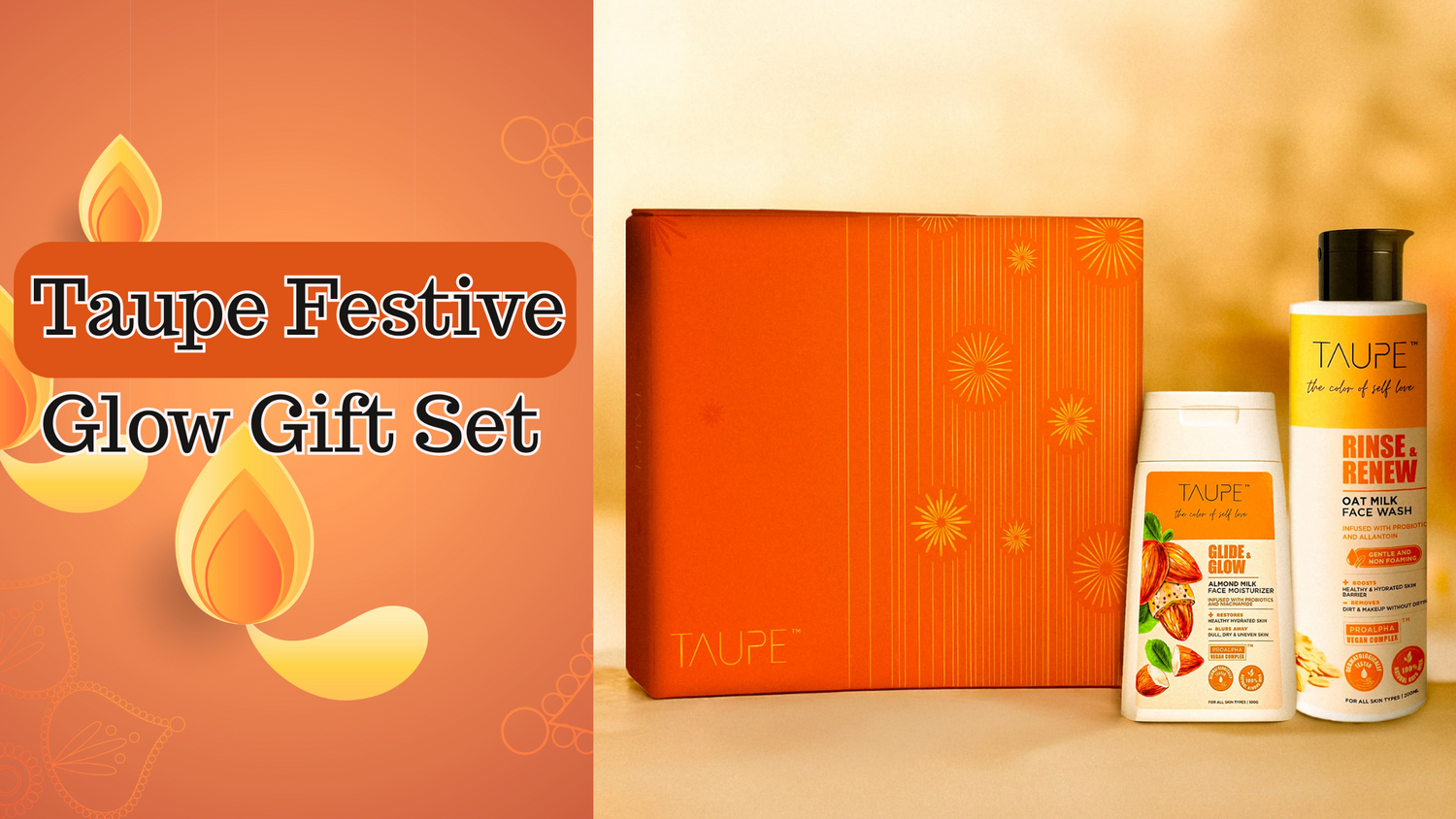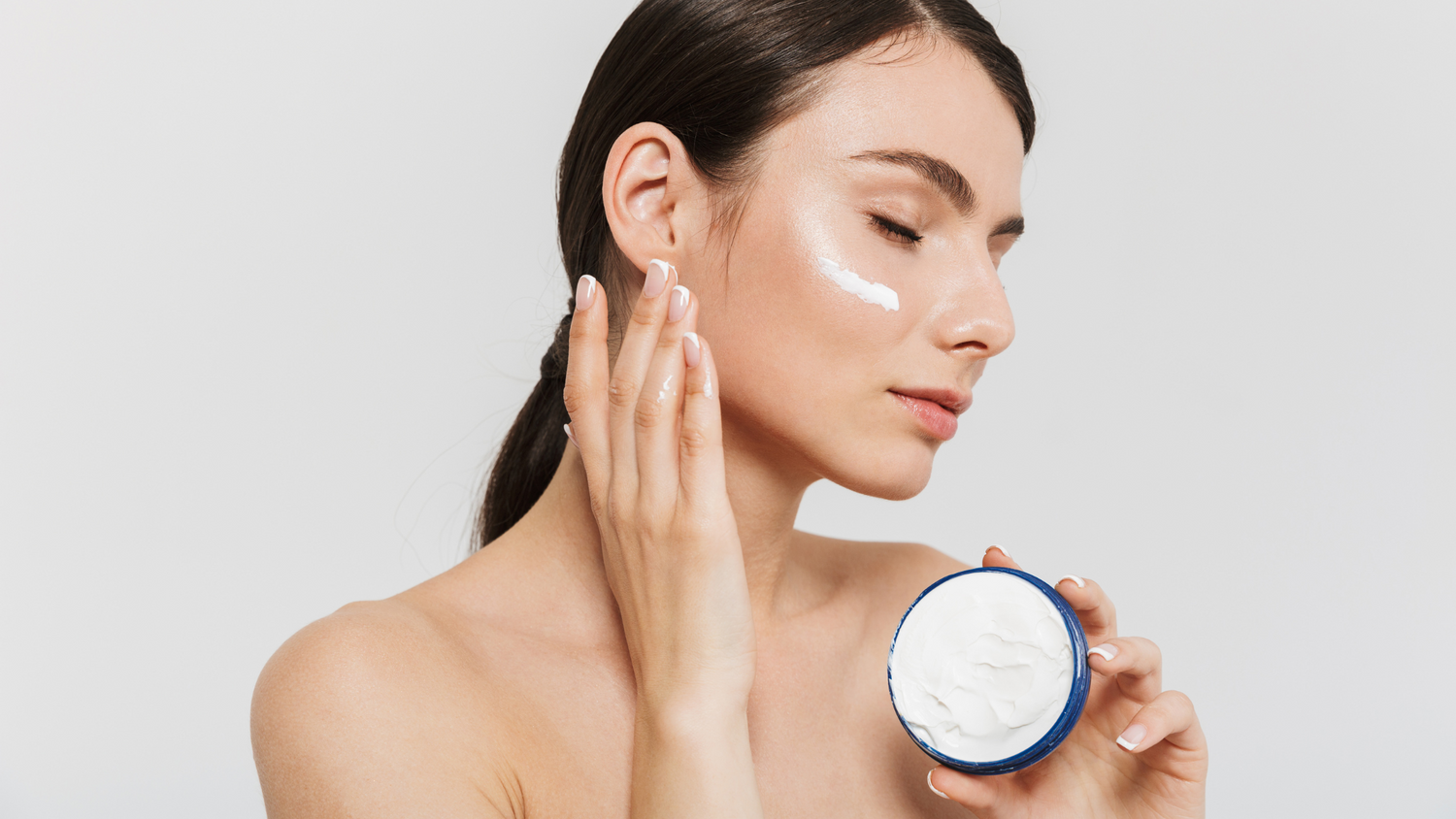Skincare is always full of exciting ideas — some work, some don’t. But probiotics are not just a trend. They are simple, gentle, and bring real change to your skin.
Most people know that probiotics are good for digestion. But here’s something many don’t realize ,your skin needs them too. Your skin has a natural layer of tiny living organisms. This is called the skin microbiome. It protects your skin and keeps it balanced. But when this layer is disturbed, skin problems like dryness, redness, or pimples can start showing up.
What most skincare routines ignore
Many people follow skincare steps like cleansing, scrubbing, using serums, and applying moisturizer. These are useful. But if your skin still feels sensitive or looks tired, the problem might not be what you see on the surface. It could be that your microbiome is damaged.
Your skin has bacteria — and that’s actually a good thing
Yes, your skin has bacteria. And no, that’s not a bad thing. These tiny good bacteria protect your skin from outside harm.
A healthy microbiome:
-
Keeps your skin barrier strong
-
Locks in moisture
-
Fights pollution and dirt
-
Controls redness and irritation
But when you wash your face too often, use strong products, or face pollution and stress every day, this balance can break. Once that happens, your skin gets confused and starts reacting.
This is where probiotics come in — skincare’s quiet multitasker
Probiotics in skincare bring back the balance by adding more good bacteria to your skin. They make your skin stronger, calmer, and less reactive. If you face regular breakouts, dryness, or redness, probiotics can slowly repair your skin from deep within.
You’ll also find them with:
-
Prebiotics – These are like food for the good bacteria. They help them grow.
-
Postbiotics – These are what probiotics produce. They help soothe, repair, and hydrate the skin.
Together, these three work like a gentle reset button for your skin.
Signs your skin’s microbiome is damaged
If your skin’s balance is disturbed, it may show signs like:
-
Burning or stinging when you apply skincare
-
Sudden breakouts or red patches
-
Flaky skin even after using a moisturizer
-
Pimples or irritation that doesn’t go away
Many people think these are signs of dry skin or allergy. But often, it’s your skin’s way of asking for support — not stronger products, but more balance.
How to build a routine that supports your microbiome
If your goal is healthy, soft, and glowing skin, then your routine must be kind to your microbiome.
Here’s what helps:
-
Use products that say “microbiome-friendly”
-
Avoid strong face washes with sulfates or foaming agents
-
Say no to products with drying alcohols or strong perfumes
-
Don’t over-cleanse — twice a day is enough
-
Always apply a gentle moisturizer to protect your skin barrier
This kind of routine focuses on repair, not just results. Over time, your skin starts behaving better, even without strong actives.
Why probiotics are worth adding to your skincare
Probiotics are not quick-fix ingredients. But when used regularly, they can:
-
Calm your skin
-
Reduce flare-ups
-
Make your barrier strong
-
Improve how your skin reacts to the environment
-
Bring a more natural glow
Balance brings better skin
If you’ve tried everything but your skin still feels off — it’s time to look deeper. Your skin doesn’t just need creams and serums. It needs a healthy base. It needs the good bacteria that keep everything in place.
Probiotics support that. They don’t fight your skin — they work with it.
So if you’re ready for long-term skin health, not just temporary results, give probiotics the space they deserve in your routine.
Explore our gentle skincare range designed to support your skin’s natural balance - Shop now




